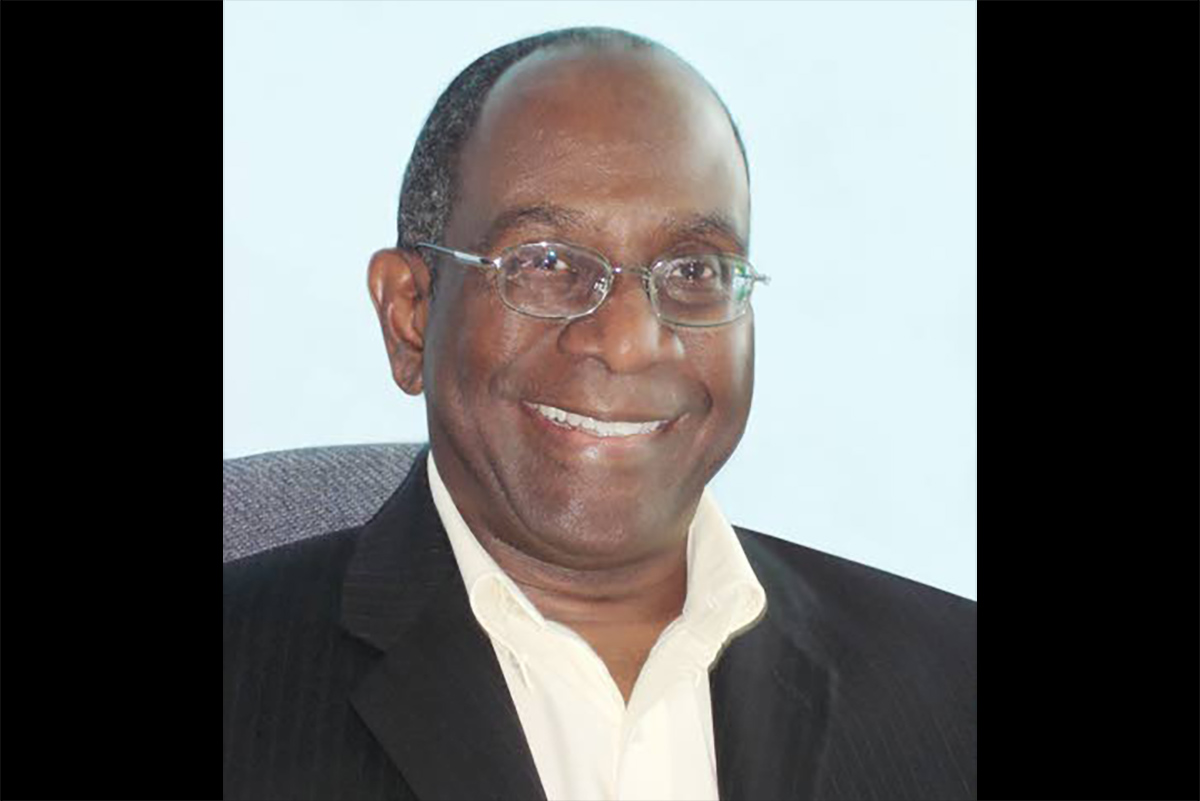Did Rastafarians Invent Reggae? Jamaican Pastor Weighs In On The Genre’s Origins

Although Reggae contains much Rastafari symbolism and several of the genre’s most prolific entertainers identify as Rastafarians, one Jamaican pastor believes it is important to note that the Rastafari movement did not invent the genre. According to ‘controversial clergyman’ Rev Clinton Chisholm, Reggae derived from the clapping pattern of Black churches.
On the latest episode of The Bald Head-N-The Dread Podcast , the retired Jamaica Baptist Union pastor and former academic dean of the Caribbean Graduate School of Theology weighed in on the genre’s origins while describing how Rastafarianism and Christianity have had a mutual influence on each other.
Based on Chisholm’s (who is also a classically trained musician) musings, black people’s clapping patterns have always been syncopated, whereas classical white music carries a distinctly weaker pattern. He claims to have tested the theory of the history of black people’s clapping pattern amongst both white and black congregations and that black people are generally and characteristically more rhythmic.
When asked “how much of a role has Christianity played in the development of Rastafari”, Chisholm responded, “It’s a mutual influence. To its credit, the Rastafari movement has made Christians more culture-sensitive and more culture appreciative.”
He went on to say that while Rastafari has contributed immensely to global culture, the phenomenon known as Reggae music has unbiased origins.
When the host challenged Chisholm with the widely accepted notion that the Nyabinghi movement with its rhythmic reasonings and drum sessions was Reggae’s true source, the scholar clarified the extent of Rastafari’s role.
“Rastafarians have given us in Jamaica and the globe an appreciation of the value of rhythms in music. They exploited it and they made it international but they didn’t invent it, that’s all I’m saying,” the pastor said.
Outside of its more stringent doctrines, Rastafarianism is thought to be largely derived from Christianity. Rev. Chisholm also made remarks on the nature of this relationship, and how the religion has helped break down barriers among less secular groups.
“The church of Jesus Christ in general has been helped by Rastafari in terms of being more pro-culture, being more affirming of your amoral cultural intention, so I would say the influence is more Rastafari to Christianity than Christianity to Rastafari in the general sense.”
